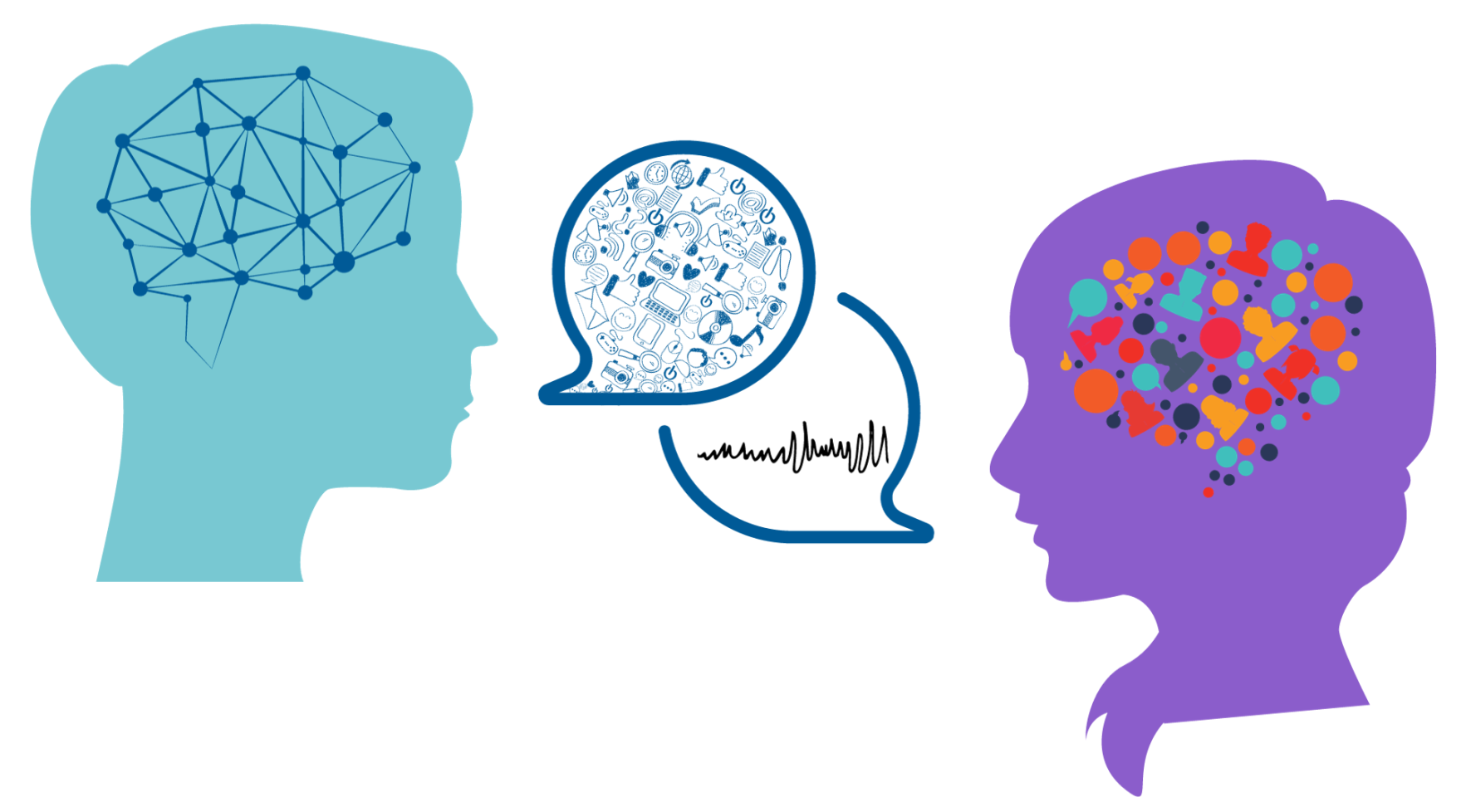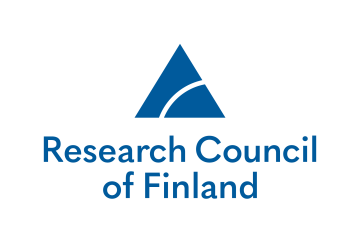FDF2
Fluency and Disfluency Features in L2 Speech (FDF2)

The project focuses on fluency and disfluency in second language speech. Our approach combines methods from the fields of second language acquisition research and psycholinguistics and employs a varied data set (including cognitive experiments, speech samples, and questionnaire data) to scrutinize second language fluency and factors affecting it. The emphasis is on examining the effect of task types (monologue, dialogue) and individual speaker characteristics (cognitive processes, experienced level of anxiety, and first language fluency) on second language fluency and disfluency. The results benefit second language learning and teaching, language assessment as well as the development of digital second language learning applications.
The current stage of the project is divided into three work packages scheduled to be completed in four years. Three full-time postdoctoral researchers (Dr Sanna Olkkonen, Dr Pauliina Peltonen, Dr Magdalena Szyszka) will each focus on one work package, which are presented in more detail below.
The project is funded by the Research Council of Finland (2020–2024).
WP1: Cognitive experiments analysis
Dr Sanna Olkkonen leads this work package 2021–2022. The main data for the project was collected in August–September 2021. Olkkonen is responsible for coding and analyzing the cognitive test data, assisted by Dr Outi Veivo, and prepares the research articles based on this work package. She also collaborates with Dr. Patrick Snellings (University of Amsterdam).
WP2: Psycholinguistic, affective factors
Dr Magdalena Szyszka (University of Opole, Poland) leads this work package 2022–2023. During her time in Finland, she focuses on affective factors and their influence on L2 fluency continuing her research on language anxiety in our fluency framework.
WP3: SLA, speech data analysis
Dr Pauliina Peltonen leads this work package 2022–2024. Peltonen will, with our collaborator Prof. Sandra Götz, examine how the L1 of the participants influences the connection between L1 and L2 monologue fluency. The study extends Peltonen’s earlier work (2018, 2020) on connections between Finnish-speaking learners’ L1-L2 fluency. Peltonen will also collaborate with Dr Maarit Mutta on how (dis)fluency-related features are used strategically.
Peltonen will also examine task-based variation and learners’ fluency profiles and collaborate with Dr Pekka Lintunen on longitudinal fluency development.
